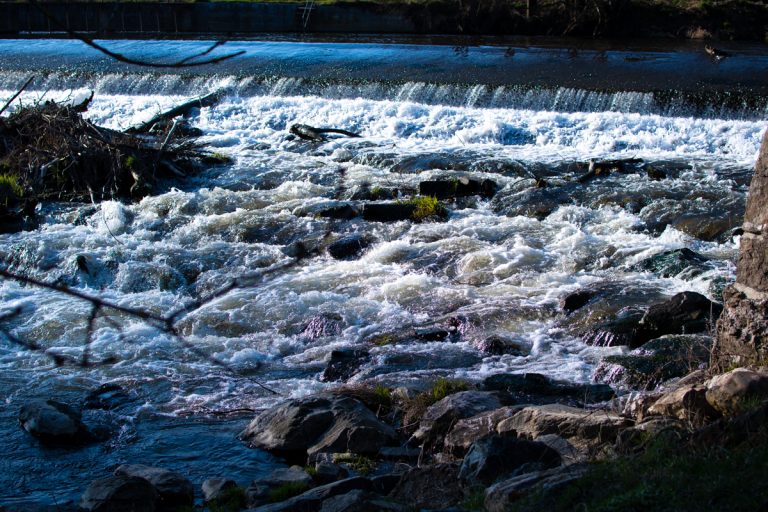This winter, from December to February, two-thirds more rain fell in the Czech Republic than the average for the years 1961 to 2000, but only 70% of the snow compared to the average, said Pavel Zahradnicek, a climatologist at the Brno branch of the Czech Hydrometeorological Institute.
These figures are further evidence of how extremely warm this winter has been. Nationally, it was the second warmest winter on record, four degrees warmer than the 1961-2000 average. “The trend of previous years is confirmed. The winter is very rainy, but when it does snow, the snow depth is as it used to be in the past,” Zahradnicek said. That happened this winter in December last year, with some areas experiencing disruptive levels of snow.
This winter has confirmed that even in times of advancing climate change, precipitation in the Czech territory is maintained, but highly variable. However, long-term warming has meant that there is still less water in the landscape than before. While in summer it evaporates more quickly from the landscape due to high temperatures, in winter, due to more frequent rainfall and less snowfall, it runs off earlier and may be missing in spring. Snow used to store water in the landscape over the winter. This year, only the highest areas of the mountains have snow.






